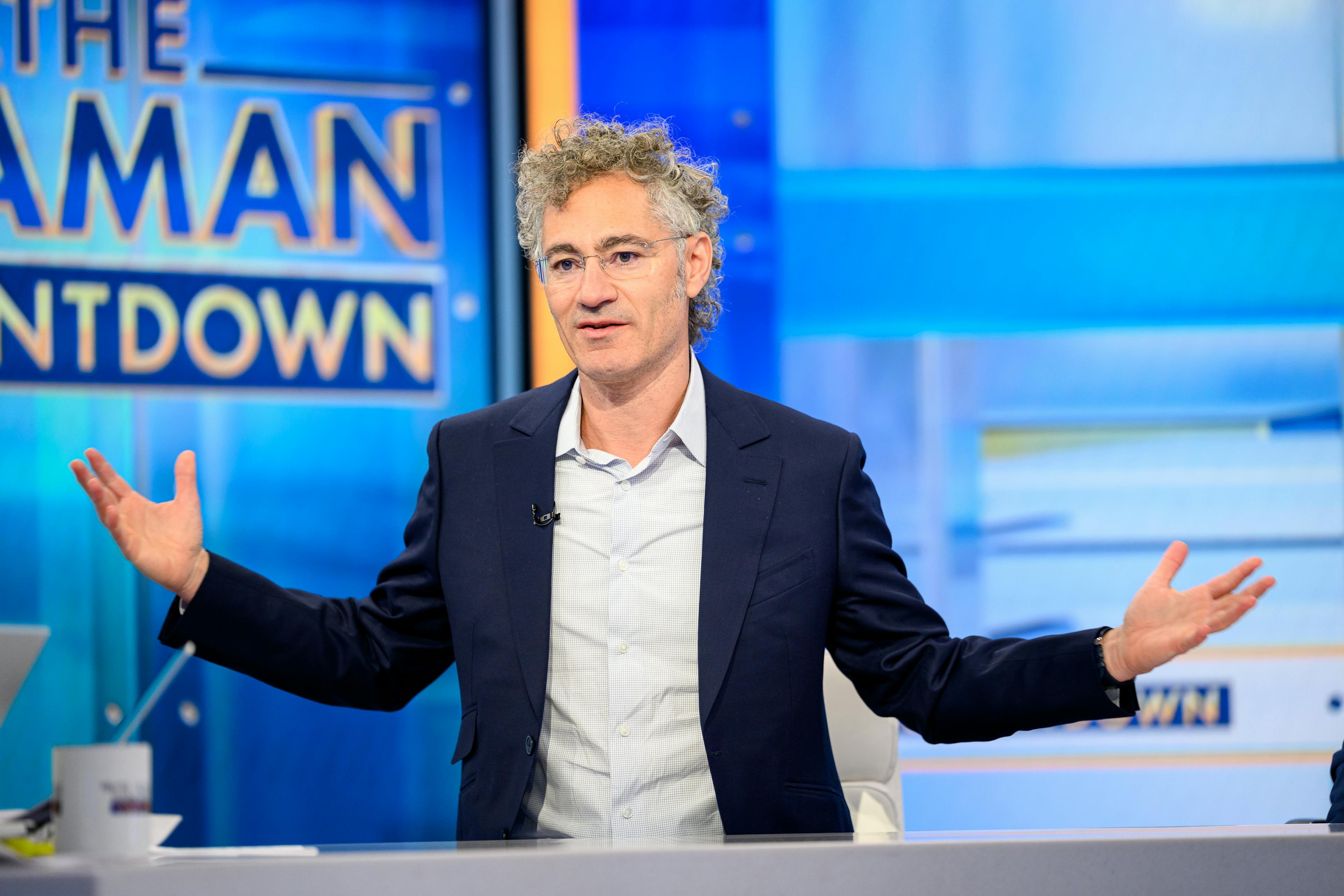Palantir’s exceptional earnings receive ugly reaction
The valuation agita hitting high-flying stocks overshadowed the AI and intelligence software company’s blowout quarterly update.
Palantir dove Tuesday as an outbreak of investor anxiety over sky-high valuations overshadowed an objectively stellar quarter for the software giant.
Palantir trounced Q3 expectations and sharply raised its full-year guidance when it reported on Monday, as sales growth accelerated, gross profit margins expanded, and cash coursed into its coffers.
Even so, the stock stumbled badly, dropping nearly 10% soon after the start of trading in New York, though the bleeding has slowed a little since then.
“Palantir’s results were impressive by any measure and exceeded any expectation. If shares go lower today, that would be a reflection on AI trade fatigue, not the company’s performance,” said Gil Luria, head of technology research at brokerage D.A. Davidson & Co.
It’s true that high-flying AI stocks are having a particularly bad day on Tuesday.
Goldman Sachs’ TMT AI basket of themed stocks — of which Palantir is a member — was down 1.9% recently, with its heaviest weighting, bellwether Nvidia, down more than 2%.
IT hardware stocks like Seagate Technology Holdings, Western Digital, and Micron, which have risen on the prospect of seemingly endless demand from AI data centers and have become some of the best performers in the S&P 500 so far this year, were also down, as were AI-linked energy plays like Oklo, Bloom Energy, and Vistra.
A cascade of warnings from high-profile figures seems partly to blame for the outbreak of jitters. Michael Burry, of “The Big Short” fame, unveiled a massive options-based bet against Nvidia and Palantir. Separately, the CEOs of Goldman Sachs and Morgan Stanley have both warned of the potential for a drawdown in the market given high-altitude valuations.
Exhibits include: an S&P 500 forward price-to-earnings multiple that’s regularly topping 23x. A market-to-GDP ratio, the so-called Buffett Indicator, at an all-time high. And a CAPE ratio (a longer-term version of price-to-earnings ratios) that is at levels unseen except for the daffiest days of the late 1990s dot-com mania.
To be clear, it might not be the case that valuations are the problem here. It may just be that the market — and particularly Palantir, which closed at a record high yesterday and is still up more than 150% for the year — needs a bit of a breather.
On the other hand, if valuations are suddenly becoming a fixation for investors — and there’s no guarantee that they are — it could be a problem for Palantir, which remains the most richly valued stock in the S&P 500, looking quite unhinged.
For example, the company had a forward price-to-sales ratio of more than 90x at the close of New York trading yesterday. After the early plunge Tuesday, it was around 78x. (The index is at 3.3x).
Such valuations are testament to the showmanship of CEO Alex Karp, whose brash approach created an army of retail shareholders willing to shrug off traditional rules of thumb as the share price climbed and created hundreds of billions of equity wealth.
But such high valuations also represent a big disconnect between the company’s performance and its stock price, analysts say, which could make for interesting days to come.
“At these very high valuations, shares of PLTR are likely to continue to be volatile,” said Luria of D.A. Davidson, adding, “regardless of the strong fundamental performance.” Luria has a “neutral” rating on the stock with a price target of $215.
